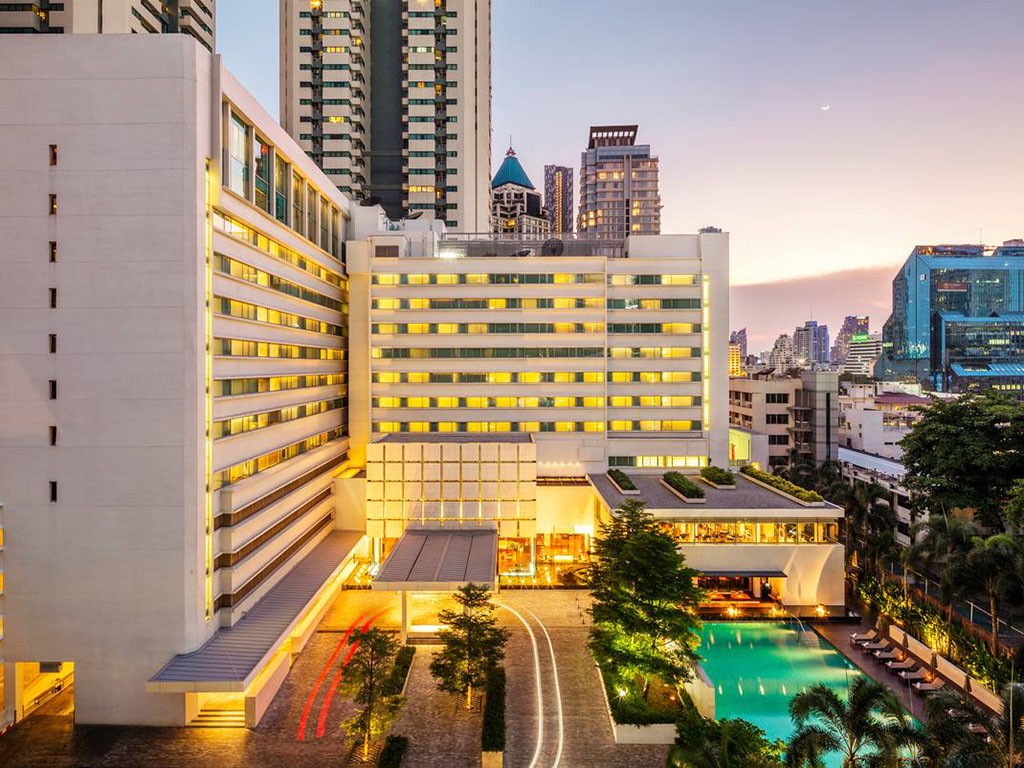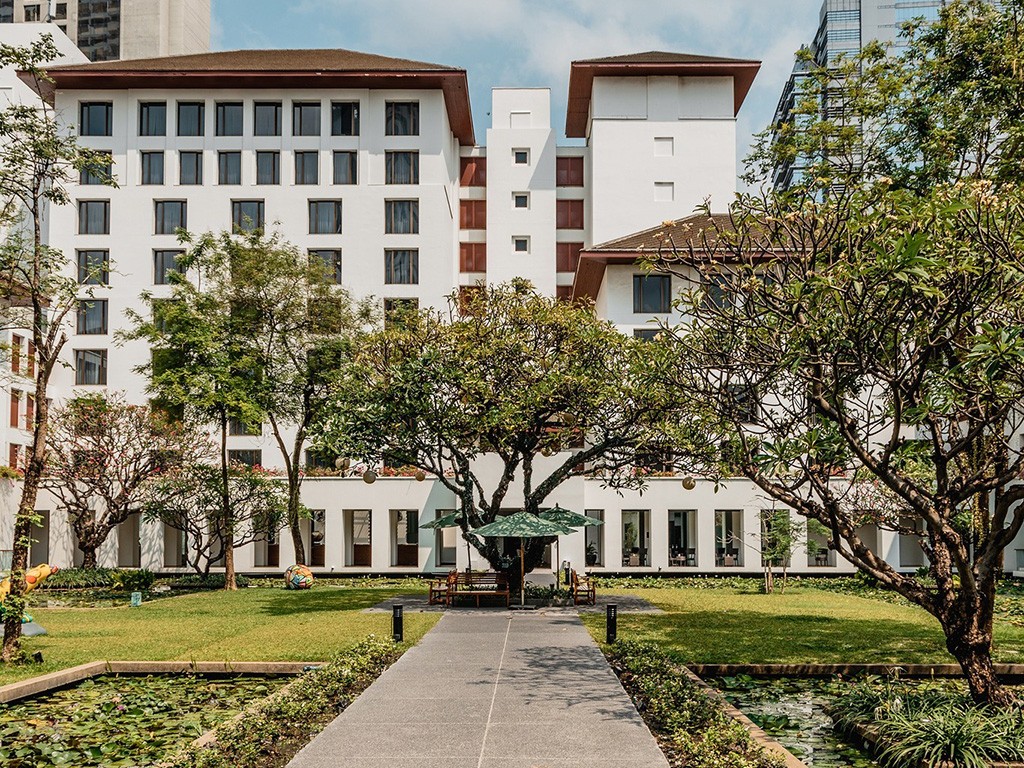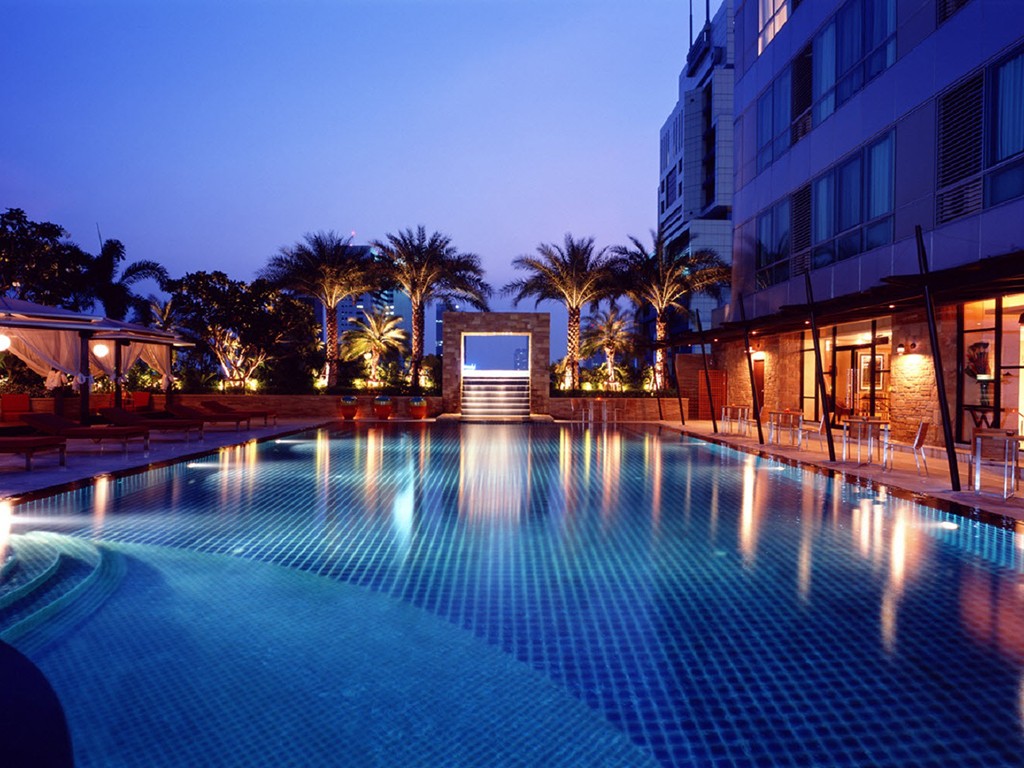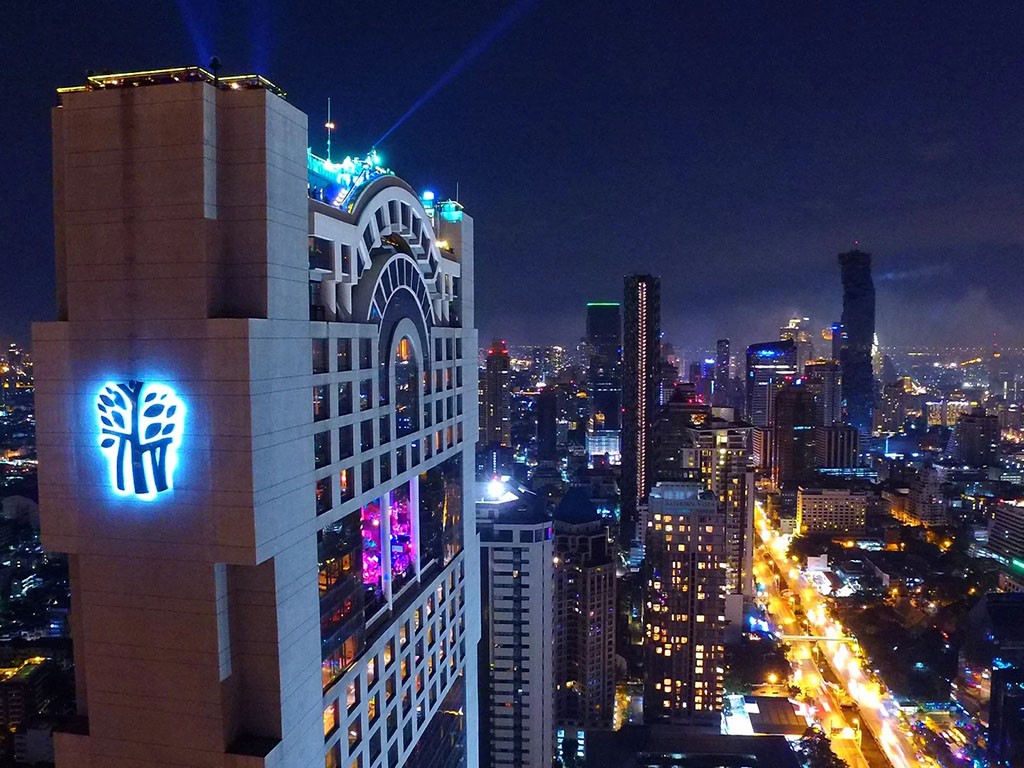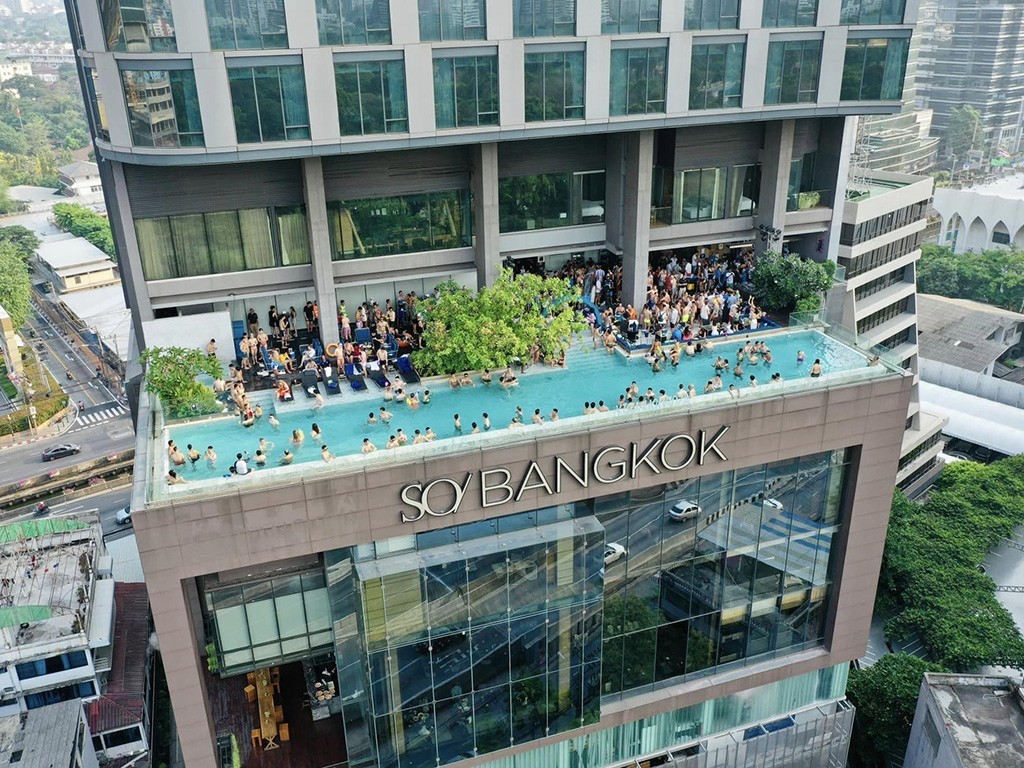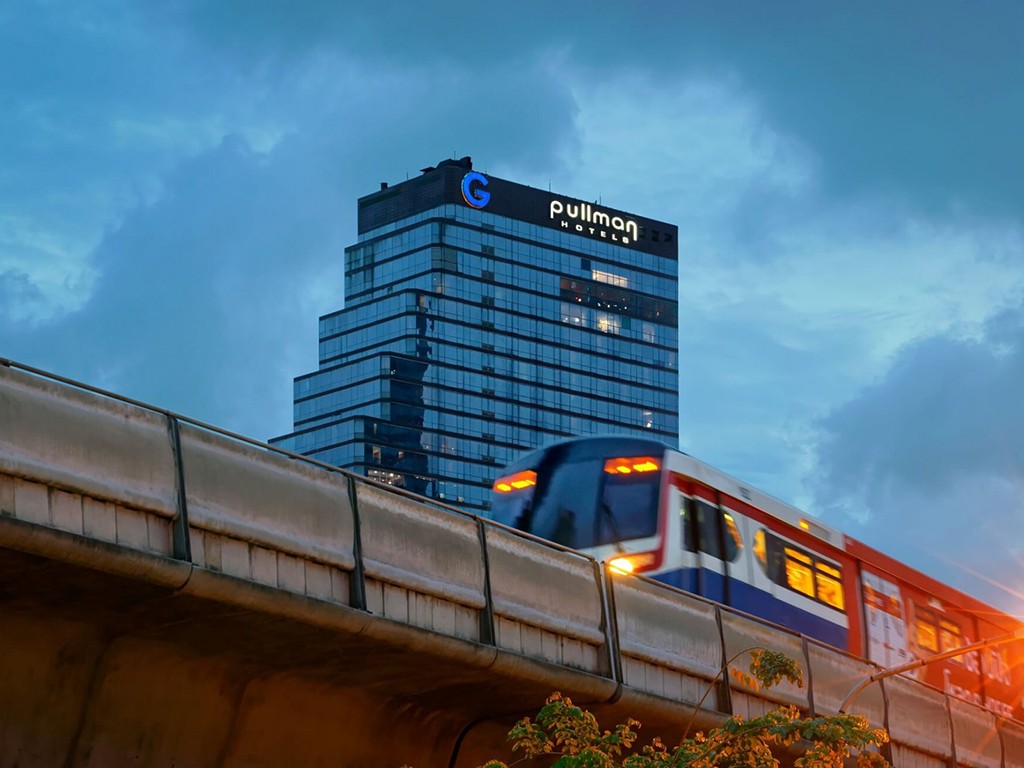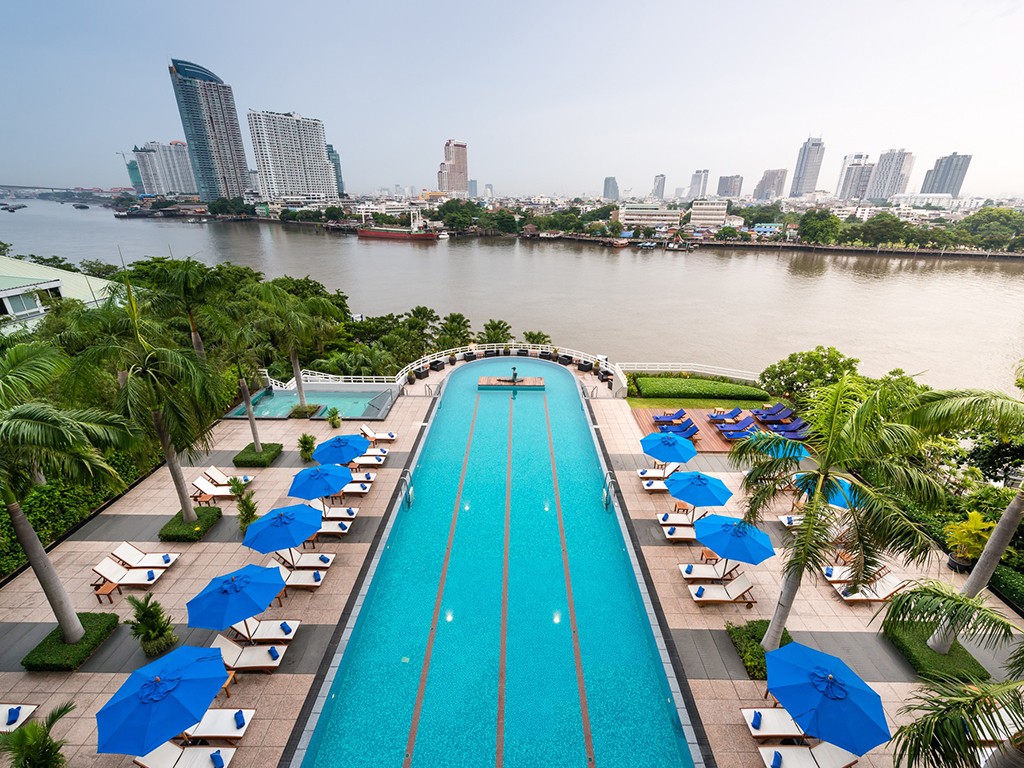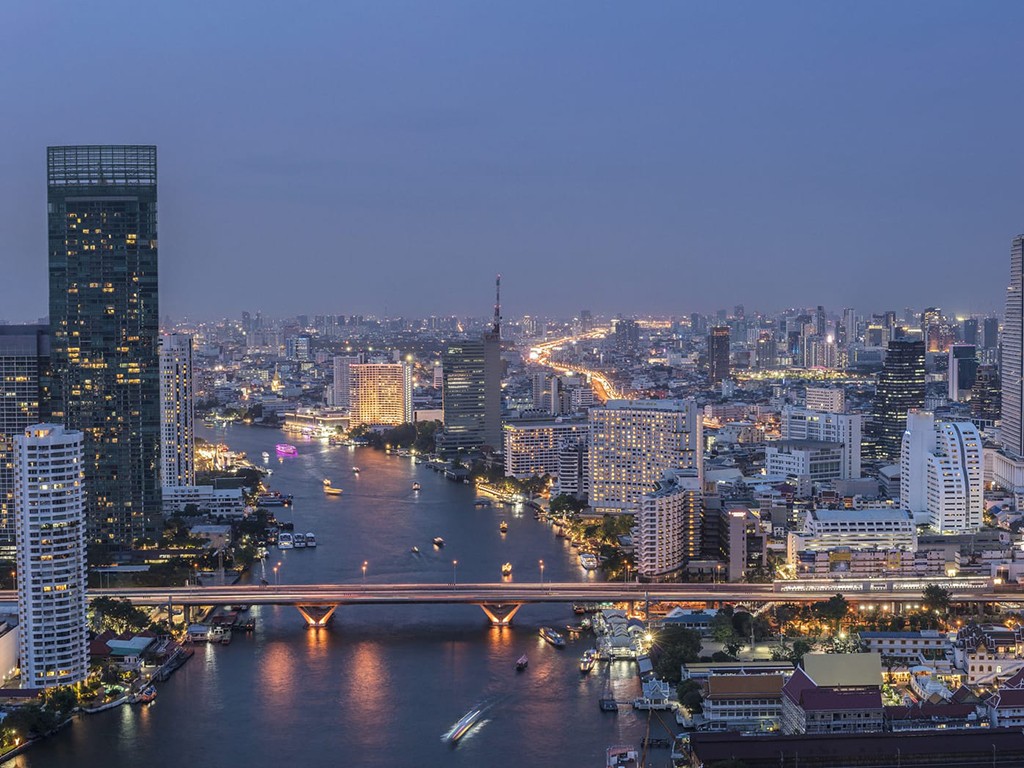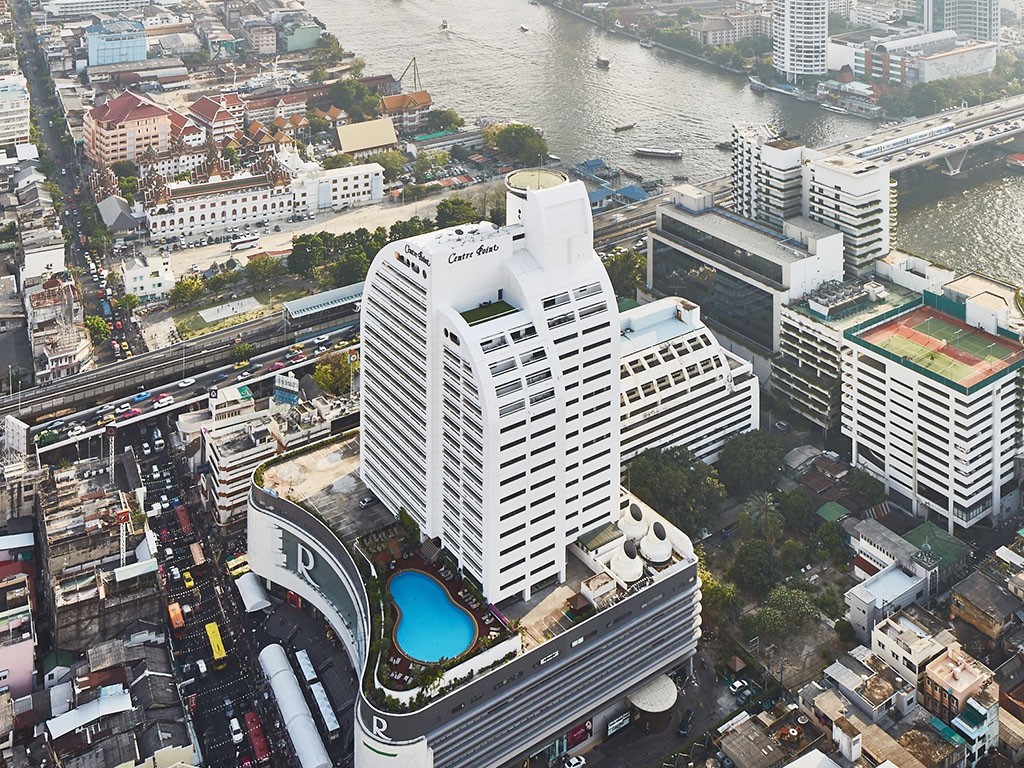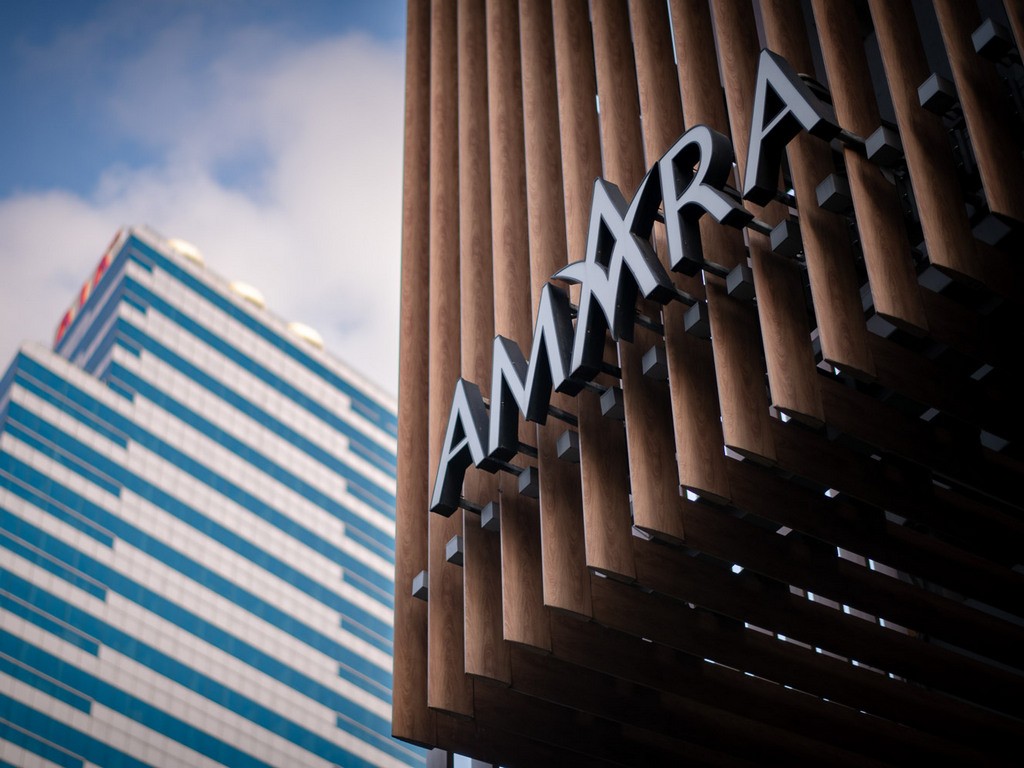“A tranquil Mahayana temple featuring exquisite Chinese–Tibetan architecture and a complete pantheon of revered deities, right in central Bangkok.”
Wat Phothiwong Man Khunaram is a distinguished Mahayana Buddhist temple located on Sathu Pradit Road in the Yan Nawa area of Bangkok. Established in 1959 by the eminent Venerable Phra Archan Chin Thammasamathiwat (Phow Seng), the temple was built to propagate Chinese Buddhism in Thailand.
The temple is renowned for its harmonious blend of Chinese, Thai, and Tibetan architectural styles. Its prayer halls, pagodas, and pavilions are richly adorned with intricate designs and religious symbolism rarely found elsewhere in the country.
Inside the temple, visitors can pay homage to Guanyin Bodhisattva, Maitreya Buddha, Amitabha Buddha, and numerous other revered Chinese deities. Artistic highlights include exquisite Tibetan murals and sculptures that add a rare and sacred atmosphere to the temple grounds.
During major religious festivals such as the Chinese New Year, Visakha Bucha Day, and Buddhist Lent, the temple draws crowds for merit-making, prayer rituals, and peaceful reflection, creating a deeply spiritual experience for all who visit.
This temple is ideal for those interested in Chinese culture, Mahayana Buddhism, and Eastern art. It is also a peaceful refuge for meditation, and a popular photography spot for architecture enthusiasts.
If you’re seeking a spiritual retreat with cultural richness right in Bangkok, Wat Phothiwong Man Khunaram is a destination not to be missed.
How to Get There
-
Public buses: Routes 22, 62, and 89 run along Sathu Pradit Road
-
BTS Skytrain: Exit at Chong Nonsi Station and take a short taxi or motorcycle ride
-
Private car: Accessible via Rama III Road or Sathu Pradit Road; parking available inside the temple
Travel Tips
-
Best time to visit is in the morning (8:00 AM – 10:00 AM) when it’s cooler and less crowded
-
Wear respectful clothing and easy-to-remove footwear
-
Photography is restricted in some areas—please respect temple signs
-
Explore nearby local Thai-Chinese eateries and markets
-
Avoid visiting during major festivals if you prefer a quiet experience
Admission Fee:
-
Free entry
-
(Updated 2025 by the National Office of Buddhism)
Opening Hours:
-
Open daily from 08:00 – 18:00
-
Some halls may temporarily close in the afternoon for maintenance and prayer
























































